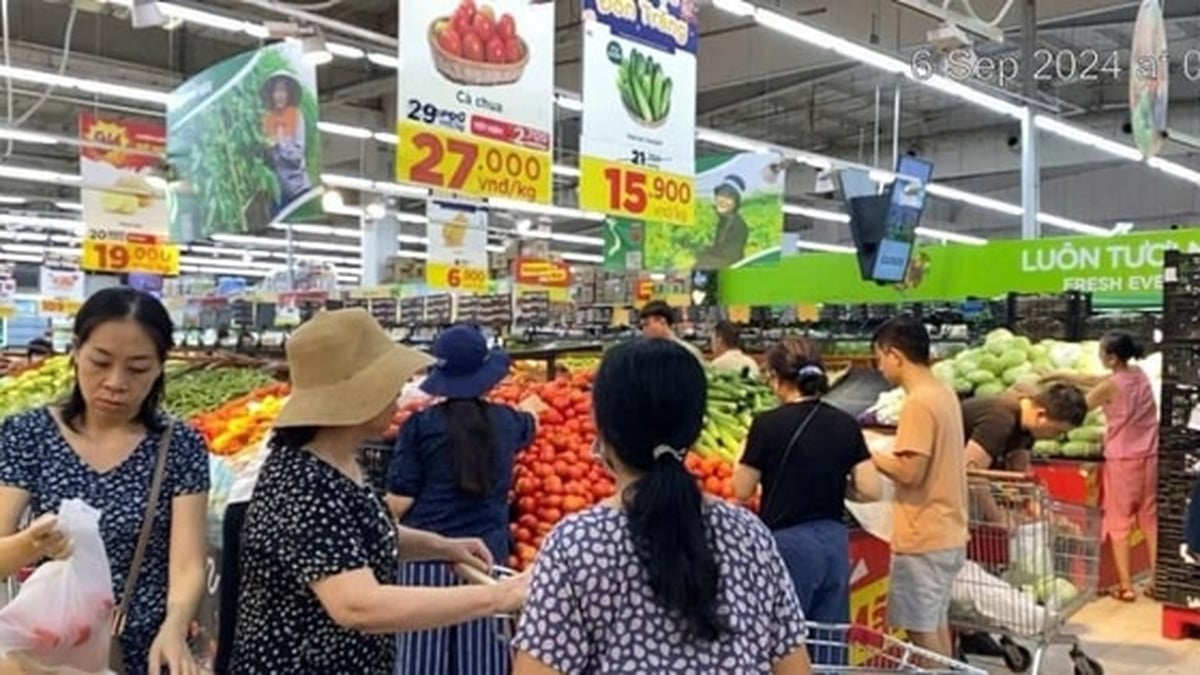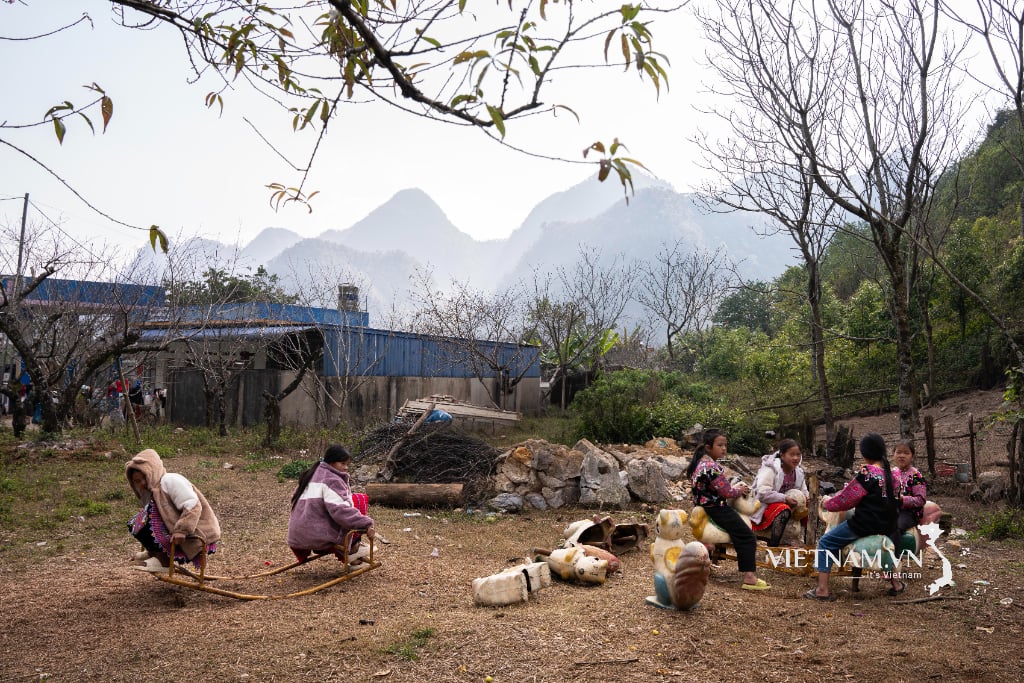
Poultry farmers need to apply disease prevention measures and vaccinate their flocks against avian influenza. Illustrative photo
The patient had been trapping wild birds.
According to medical records, on March 11, the patient developed symptoms of fever and cough and self-treated but the symptoms did not improve.
On March 16-17, the patient came to Ninh Hoa Medical Center for examination and treatment, then was transferred to Khanh Hoa General Hospital for treatment with a diagnosis of pneumonia.
On March 19, Khanh Hoa Center for Disease Control took samples of the patient for testing, the results showed that the patient was positive for influenza A/H5N1. Due to the serious progression of the disease, the patient died on March 23.
According to the results of the epidemiological investigation, before and after the Lunar New Year 2024, the patient went to trap wild birds near his living area. This is the second case of A/H5N1 influenza since 2014, after many years of no recorded cases of the disease in humans in Vietnam.
Previously, in October 2022, Phu Tho recorded 1 case of A/H5N1 flu in humans. Cumulatively, from 2003 to present, the whole country recorded 128 people infected with A/H5N1 flu, of which 65 people died (50.8%).
The Ministry of Health stated that there is currently no specific treatment or vaccine for avian influenza in humans. There is currently no evidence that influenza A (H5N1) is transmitted from person to person. The A (H5N1) virus is a highly pathogenic strain of influenza, and infected people often have severe symptoms and a high mortality rate (~50%).
To proactively prevent and control the A/H5N1 flu from spreading from poultry to humans, the Ministry of Health recommends that people do not eat sick, dead poultry or poultry products of unknown origin; ensure food is cooked and water is boiled; and wash hands with soap before eating.
Do not slaughter, transport, buy or sell poultry and poultry products of unknown origin. When discovering sick or dead poultry, absolutely do not slaughter or use them but immediately notify the local authorities and veterinary units in the area.
Limit contact with, slaughtering, and eating wild animals, especially birds. If you have flu symptoms such as fever, cough, chest pain, and difficulty breathing related to poultry, you must immediately go to a medical facility for timely consultation, examination, and treatment.

The Ministry of Health has issued many recommendations related to poultry and wild birds after the death of a patient with influenza A/H5N1. Illustrative photo
No cases of infection or death from avian influenza will occur in the near future.
In order to proactively and effectively control avian influenza and prevent any cases of infection or death from avian influenza in the coming time, the Ministry of Agriculture and Rural Development (MARD) has just issued a document requesting the Chairmen of the People's Committees of provinces and centrally-run cities to pay attention and prioritize the allocation of resources to strictly and effectively implement Decision No. 172/QD-TTg dated February 13, 2019 of the Prime Minister on approving the "National Plan for avian influenza prevention and control, period 2019 - 2025"; Official Dispatch No. 426/CD-TTg dated May 18, 2023 and Official Dispatch No. 12/CD-TTg dated January 31, 2024 of the Prime Minister; Official Dispatch No. 5796/BNN-TY dated August 21, 2023 of the MARD.
In particular, localities focus resources to urgently and thoroughly handle outbreaks of avian influenza, control and prevent the disease from lingering, recurring, or spreading widely, declare the epidemic, and organize epidemic prevention in accordance with regulations; review, vaccinate new and supplement avian influenza vaccines for poultry flocks, ensuring that at least 80% of the total flock is covered at the time of vaccination;
Organize well the proactive monitoring, sample testing, early detection, timely warning and thorough handling of cases positive for avian influenza virus, newly emerging outbreaks, prevent widespread spread and promptly notify the health sector when outbreaks are detected in poultry flocks;
Instruct poultry farmers to strictly apply biosecurity measures, proactively prevent epidemics, and vaccinate poultry flocks against avian influenza;
Closely monitor the gathering and trading of poultry and poultry products, and strictly handle cases of transporting and trading smuggled poultry and poultry products across the border of unknown origin. Strengthen inspection of food safety and hygiene, especially at poultry processing, consumption and transportation facilities.
The Ministry of Agriculture and Rural Development requests localities to direct the health sector to deploy monitoring activities and early detection of suspected cases of respiratory infections with a history of contact with poultry and poultry products for timely isolation, treatment and management, to avoid spreading infection to the community;
Organize extensive propaganda about the epidemic situation, ensure hygiene in poultry farming and slaughtering, do not use poultry of unknown origin, poultry and poultry products that have not been quarantined, use cooked poultry meat, do not eat blood pudding, implement measures to prevent and control avian influenza;

Poultry farming model using bio-secure bedding.
Urgently improve and strengthen the capacity of the veterinary system at all levels, ensuring resources to effectively implement tasks of preventing and controlling animal diseases.
Localities direct the Department of Agriculture and Rural Development and People's Committees at all levels to establish working groups to inspect and supervise the work of preventing and controlling avian influenza, building disease-free livestock facilities and areas; at the same time, deploy the first phase of the month of general cleaning, disinfection and environmental detoxification in 2024.
According to the World Organization for Animal Health (OIE/WOAH) and the Food and Agriculture Organization of the United Nations (FAO), from the beginning of 2023 to the end of January 2024, a total of 8,850 avian influenza outbreaks caused by strains of avian influenza A/H5 virus have been recorded. Notably, in Cambodia in 2023, 6 people were infected with the A/H5N1 influenza virus, including 4 deaths. Since the beginning of 2024, the avian influenza epidemic in this country has continued to be complicated, with 4 people infected with A/H5N1 influenza (1 death) in some border provinces bordering Vietnam.
According to the Department of Animal Health (under the Ministry of Agriculture and Rural Development), in 2023, there were 20 outbreaks of A/H5N1 avian influenza in 17 districts of 11 provinces and cities nationwide with 36,606 sick, dead and culled poultry; in the first months of 2024, there were outbreaks of A/H5N1 avian influenza in Bac Ninh, Ninh Binh, Tien Giang and Long An provinces with over 6,600 sick, dead and culled poultry.
Nguyen An
Source



























![[Photo] National Assembly Chairman attends the seminar "Building and operating an international financial center and recommendations for Vietnam"](https://vphoto.vietnam.vn/thumb/1200x675/vietnam/resource/IMAGE/2025/7/28/76393436936e457db31ec84433289f72)







































































Comment (0)